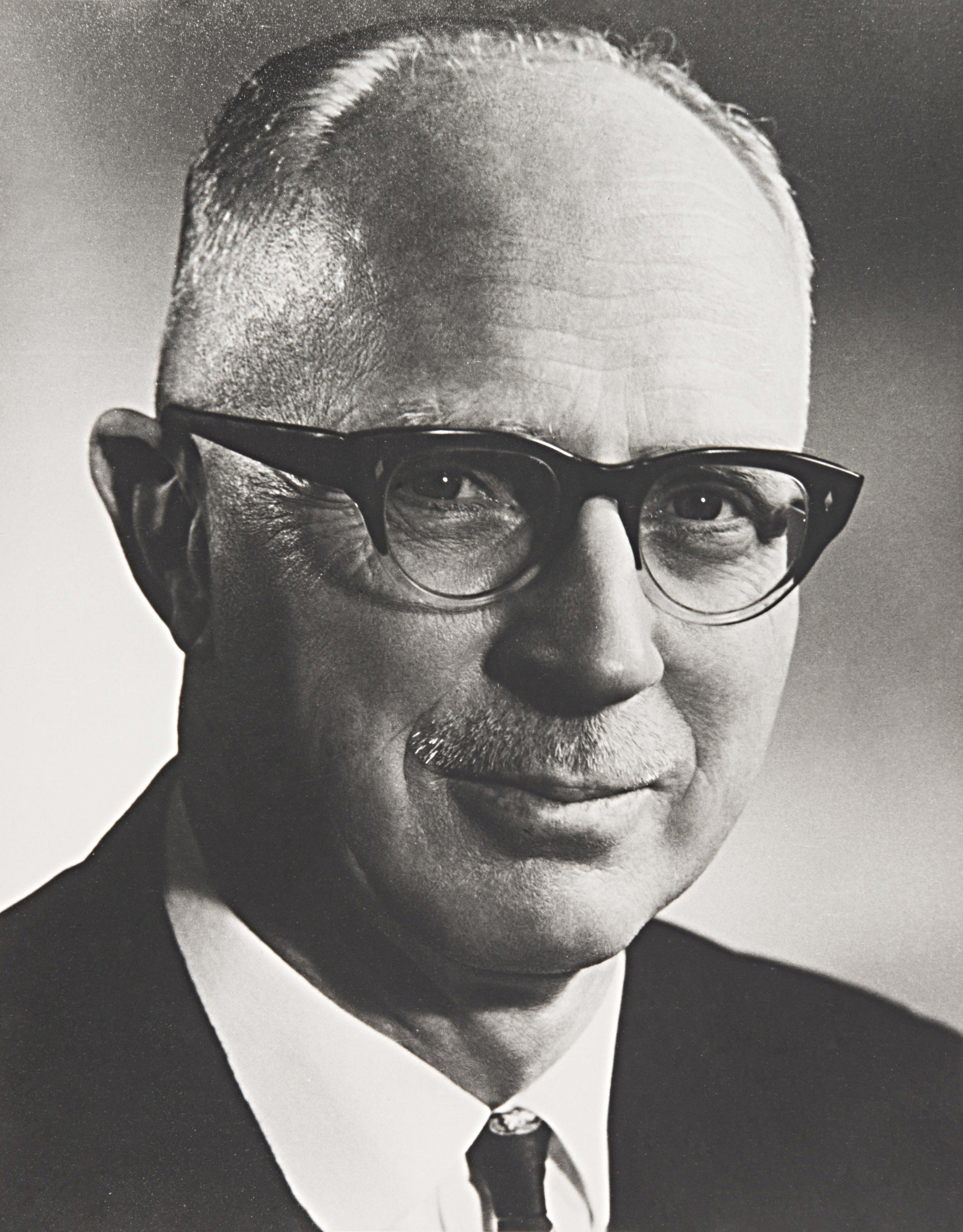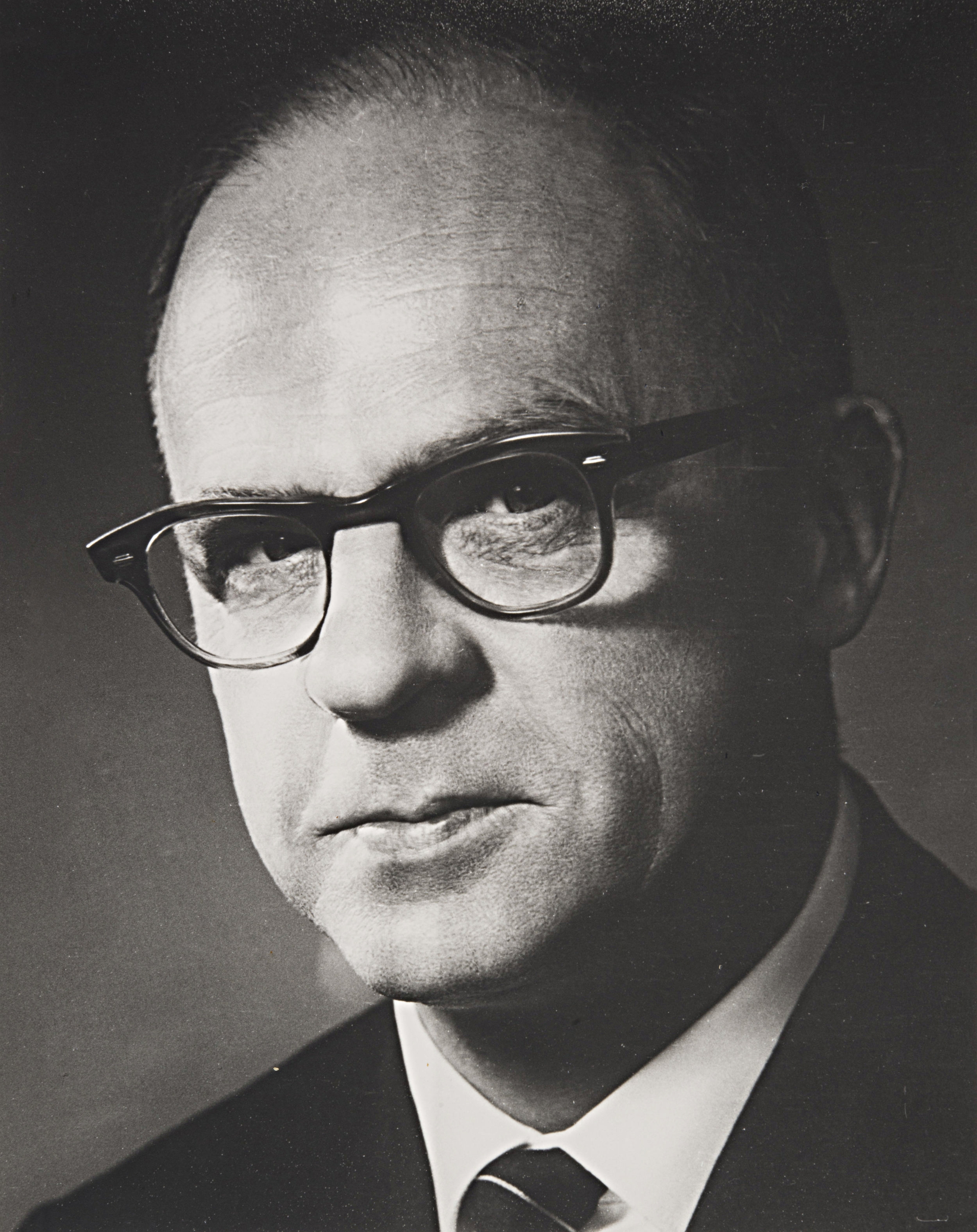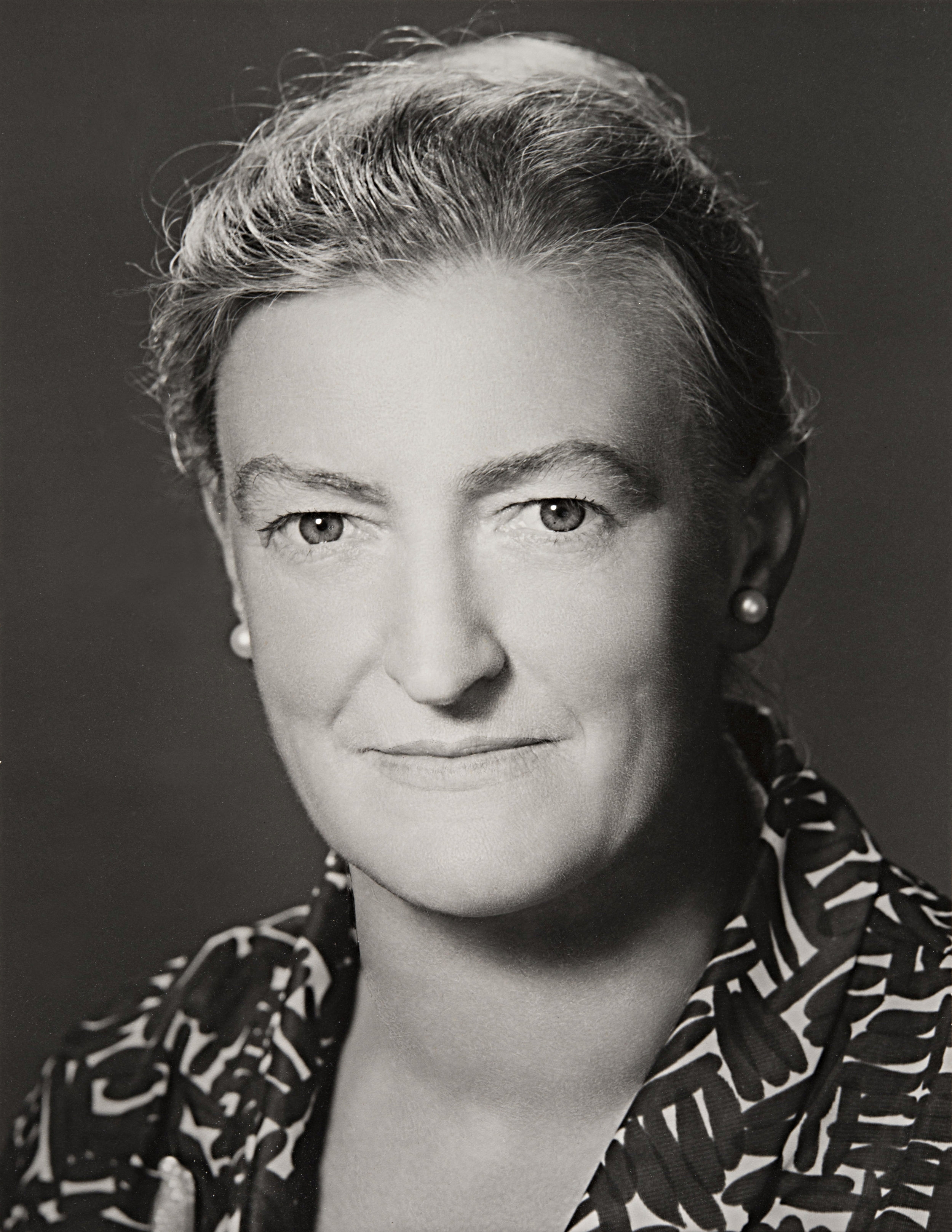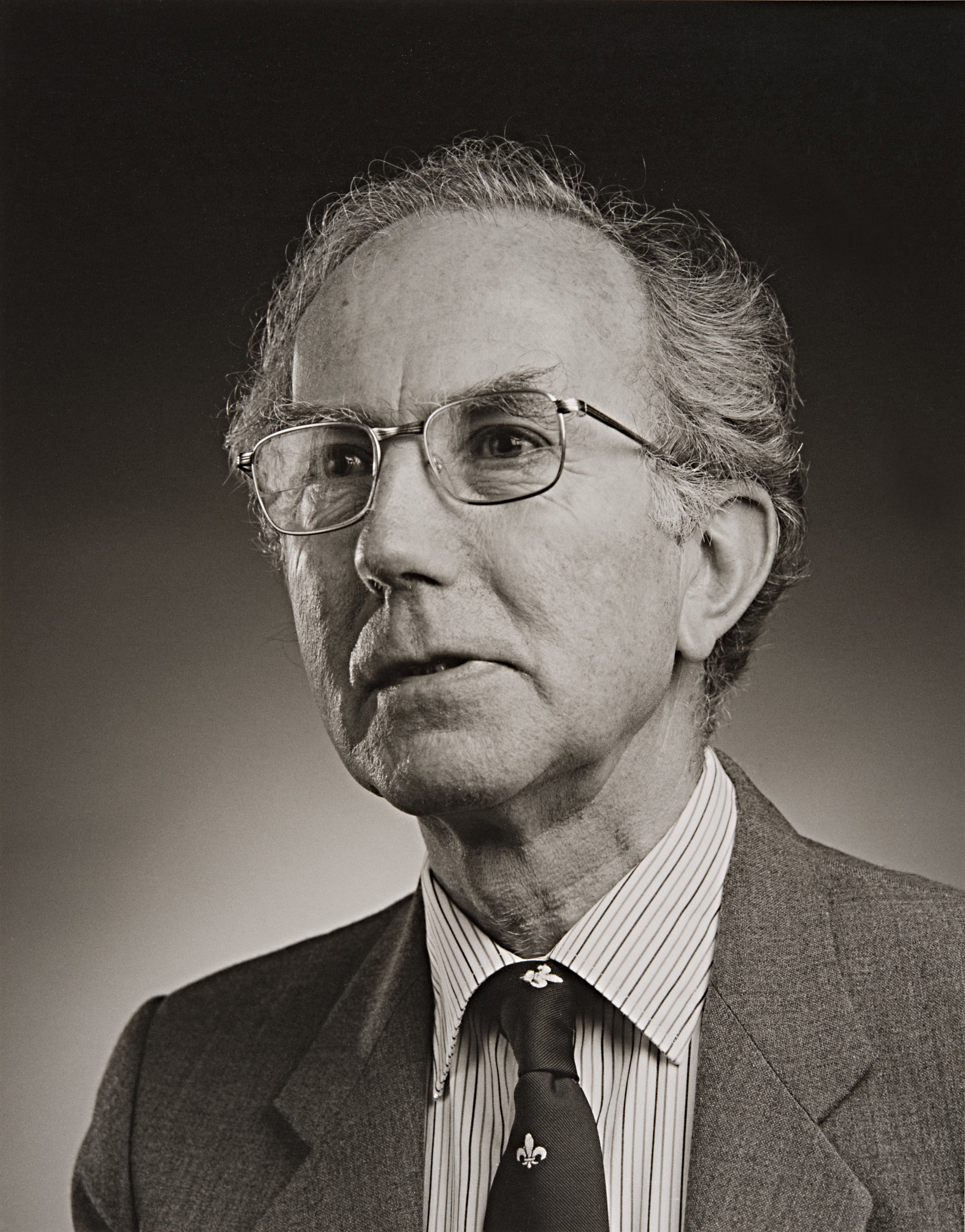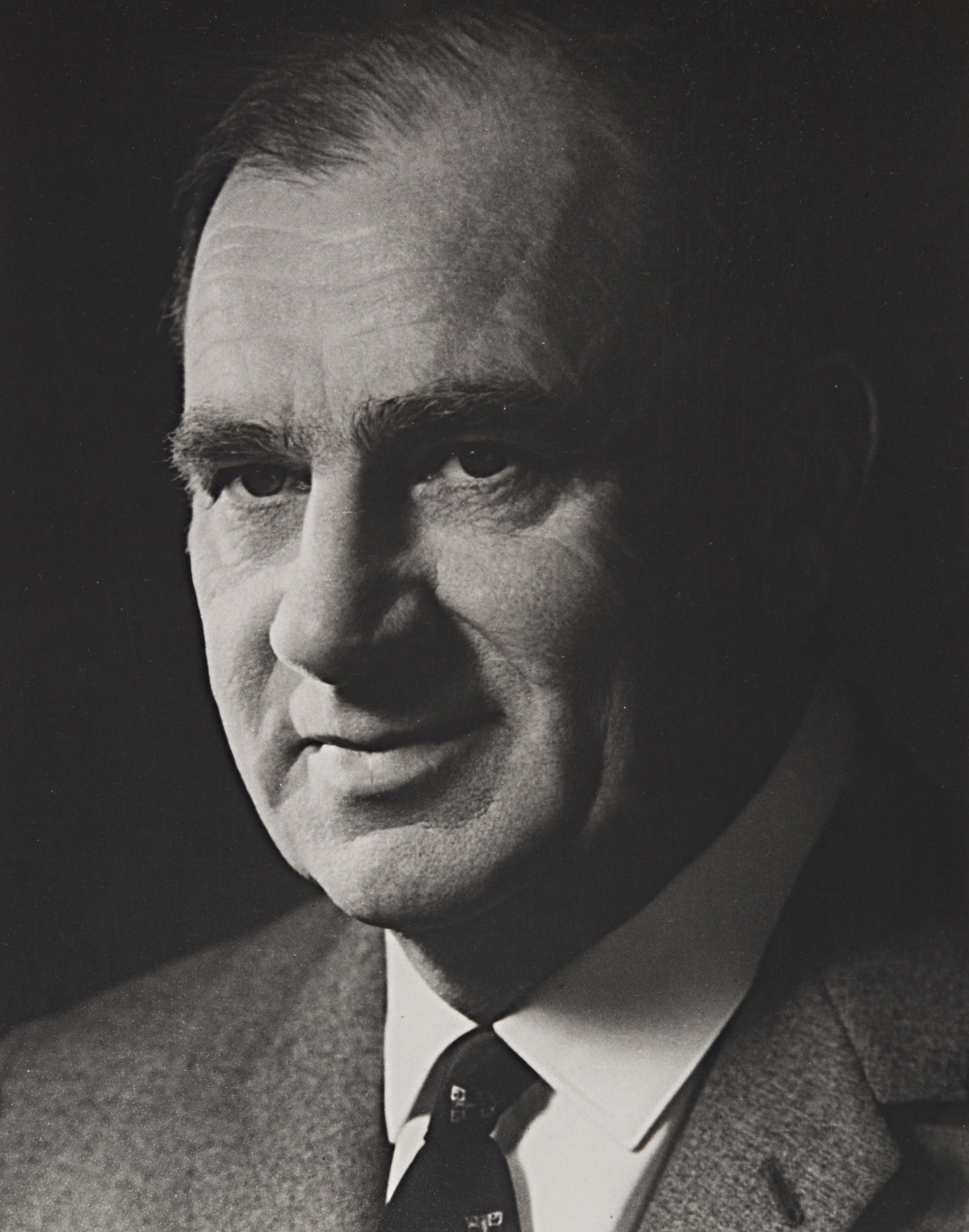'War can last forever...'
In the mid-1990s, Dr Allan Gregory conducted a series of interviews with doctors, surgeons, administrators and others while researching for his book The Ever Open Door; a history of the Royal Melbourne Hospital (1998). The interviews were recorded on cassette tapes, and nearly twenty years later I was engaged to digitise the tapes and write interview logs to enable access to their content beyond what was in the book. I was fascinated by these interviews for two reasons:
I don't often get a chance to interview people whose strength of memory stretches as far back as the 1940s, who were forging careers, creating families, and really playing a part in their broader social and professional worlds alongside the tumult of World War 2. Most of the people I interview were too young or not yet alive then.
Personally, I became very conscious of the way this War, although just a few years in a very full life, was so much a part of these people. It came, it went, and they were bigger than it; their largely successful and long-lived personal and professional lives encapsulated so much more than World War 2. Yet somehow, even when the War was far from the topic under discussion, it crept into the conversation in numerous ways some fifty years after it had ended. Those few years remained with every one of these people, and their families, in a palpable way.
Also, although I never met any of these people I began to get a glimpse of an Australian culture that hardly exists today, just through listening to their voices and words.
Oral History Victoria's inaugural exhibition was held in The Good Room in Brunswick East over November and December 2016. In the midst of our commemoration of World War One, it seemed a good opportunity to allow these doctors, surgeons and academics who are also World War 2 veterans to speak to us about their war.
Some speakers are pictured courtesy of The Royal Melbourne Hospital Archive. Others in the audio include Lady Joy Frew, Dr Ron Rome and Dr Tom Steel.

